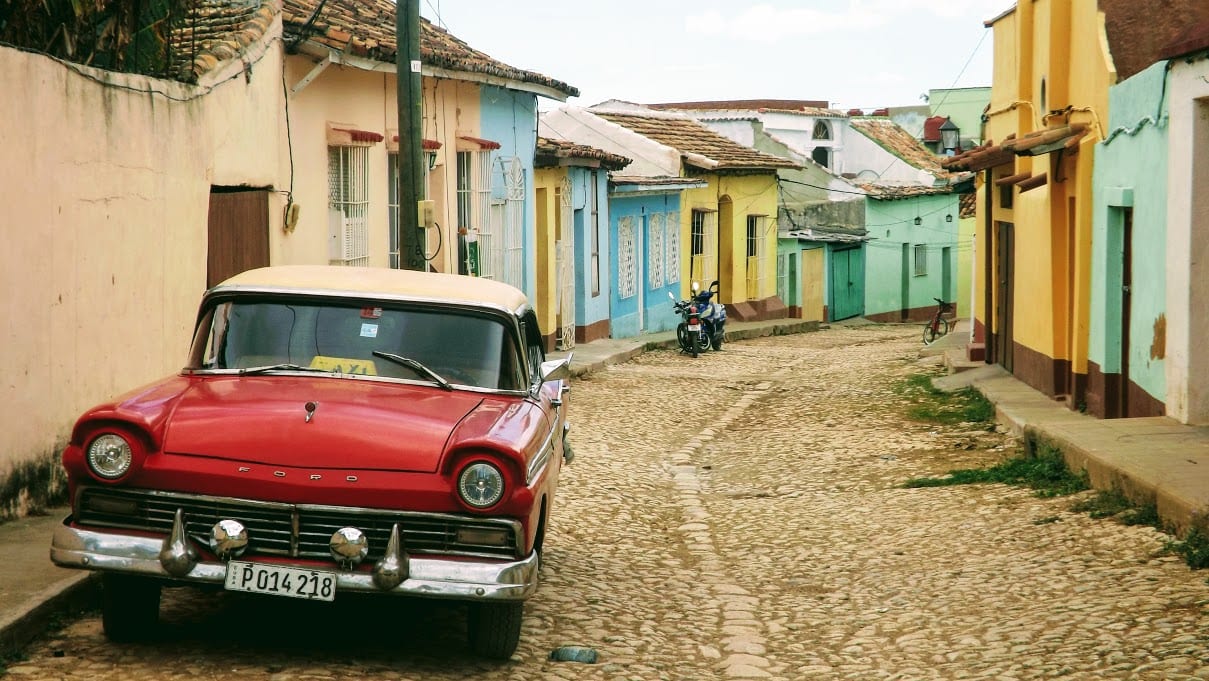
Streets of Trinidad. © AlbertoLegs
Much has been said about Cuba, its inhabitants, the colors of Old Havana, its beaches, its political system. Like any other destination in the world, the largest island in the Caribbean is subject to certain topics (some true, some not) that we can only dismantle when we travel through its exuberant geography. For that reason, these following 25 tips for traveling to Cuba They will be of great help to you when it comes to entering the island of rum, the Malecón and, especially, the good people.
Organize the trip
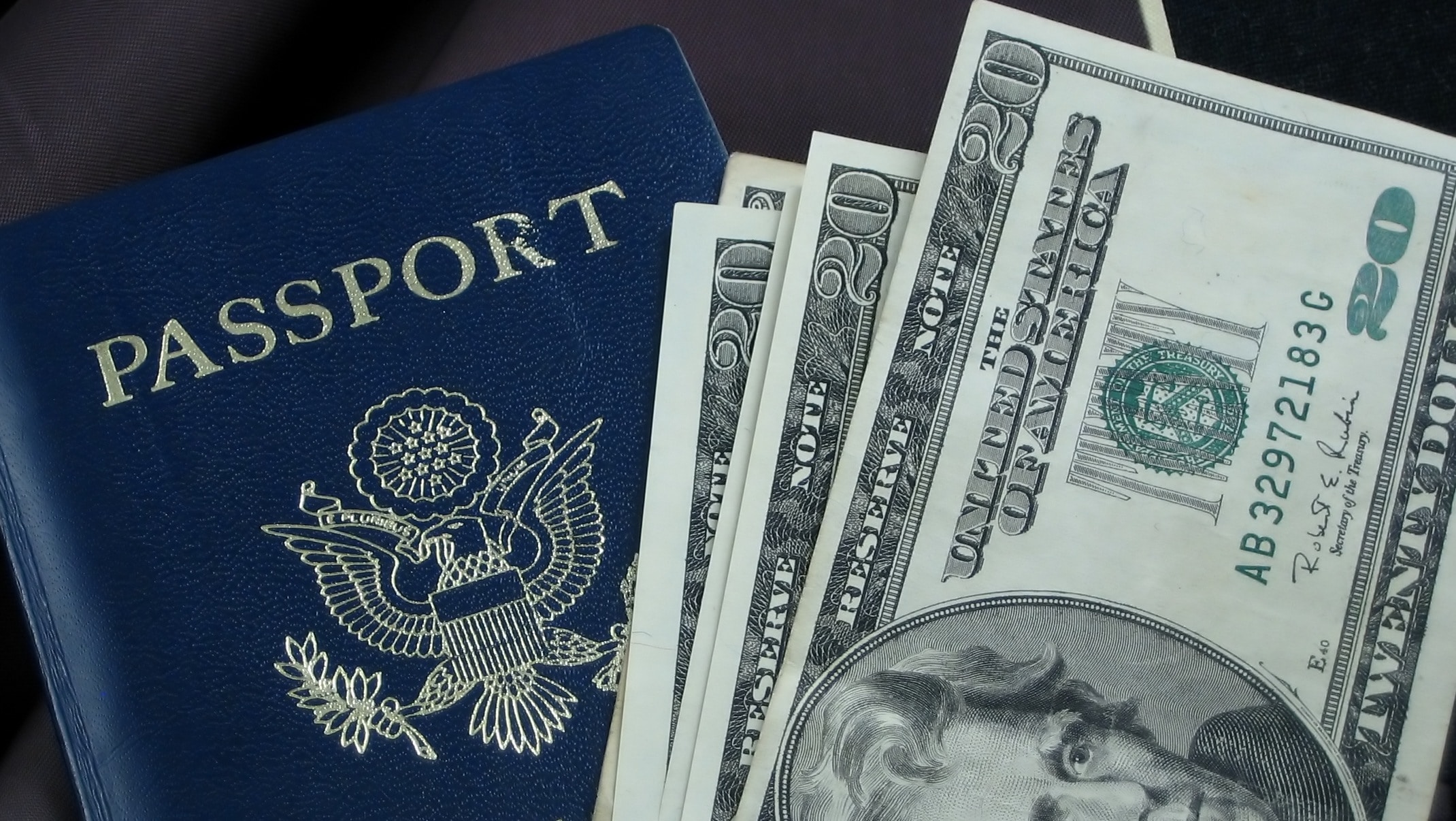
- The necessary documentation to travel to Cuba It is as follows: visa (you can get it at the Online Tours agency for 22 euros), travel medical insurance (they do not ask for it at the airport, but it is required by the State), roundtrip tickets and, of course, passport .
- Vaccines are not necessary to travel to Cuba unless you come from an endemic yellow fever trip.
- Take sunglasses and sunscreen with you, because in Cuba it is always sunny. If you travel between December and April, try to bring something light warm, as it is the time of cold fronts and it may rain some day or be chilly at night. Their summer is just as hot as ours.
Money in Cuba
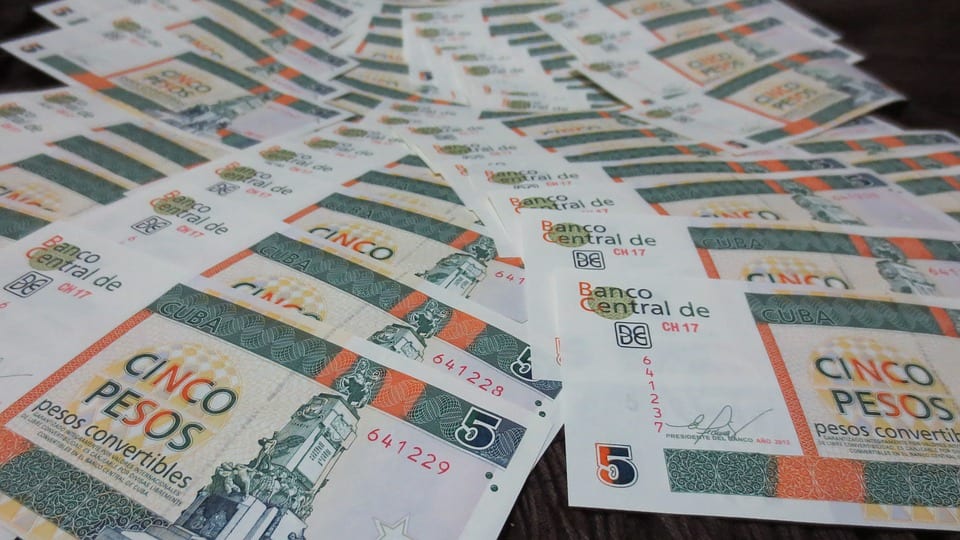
- The issue of money on the Cuban island deserves a separate post, especially due to the fact that Cuba has two different currencies: the CUC (convertible peso), for tourists, and the CUP (Cuban peso), for locals. Taking into account that 1 CUC is equivalent to 95 euro cents and 26.5 CUP, the difference is the least important.
- Although In most tourist places you will have to pay with CUCAspects such as urban transport or restaurants located in more purely Cuban neighborhoods accept and even give you money back in CUP.
- If you arrive with dollars in Cuba, a commission of 10% of the total will be applied to make the currency exchange at the airport. Better take euros and change everything when you arrive or do it in small doses at the Exchange Houses.
- In tourist cities there are ATMs where you can withdraw money in dollars and in CUC. Check the commission with your bank and so you can know if you should withdraw large amounts or do it in smaller ones.
- Is Cuba expensive? A little, especially if you travel alone, since you will always have to pay for a double room in a private house. The food is relatively cheap (pizza, for some reason, more so), and you can eat for 10 CUC a day if you want to. When it comes to moving around, try to use public transport such as bus or trucks to be able to pay in Cuban pesos. I will bring you a more specific and detailed budget shortly.
Staying in Cuba
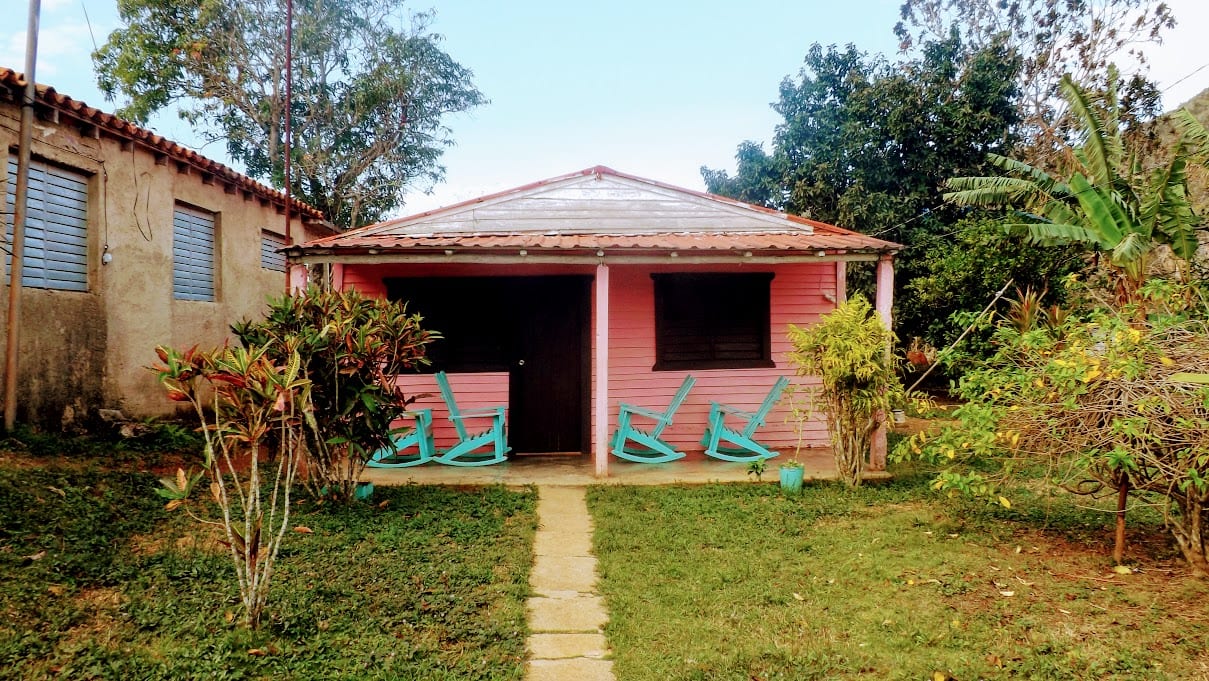
- In Cuba there are not many hostels and hostels yet, especially since many of these businesses depend on US brands such as Hostelworld or Airbnb to gain greater visibility. Fortunately, since 2016 both companies gave the green light to Cuban hoteliers who wanted to register on their website, so it would not be surprising if there were more accommodations of this type on the island in a few months. In my case, the only hostel in Cuba where I stayed was Casa Iraida, in the Vedado neighborhood, highly recommended and inexpensive.
- Given the lack of a greater range of hotels, the accommodation options in Cuba are reduced to the famous resorts (especially in the beach areas and the keys) or the famous (and cheap) Cuban private houses, homes rented by the locals themselves. sea of cozy, colorful and yes, a golden opportunity to interact with some Cubans who will treat you great.
- If you can, book your first house before traveling to Cuba but don't worry about reservations that you haven't made for the rest of the trip. Cuba is like a big family and the owner of your house will always meet so and so or menganita with a private house in another city. And be careful, everything is reliable, practical and trustworthy.
- If you are going to travel alone to Cuba, it is not the cheapest country, as I already mentioned, and the main reason is accommodation. Private houses do not usually have individual rooms nor are they going to price you for traveling alone. Generally, each accommodation has two or three double rooms for prices ranging between 25 CUC and 35 CUC.
Getting around Cuba

- When it comes to moving around Cuba there are three main options. The first and most practical of these would be to rent a car when arriving at the Jose Martí airport. A good option to save if you travel several people and share expenses.
- If you opt for the bus then you have to go to Viazul, the main company that manages the routes between the main tourist destinations in Cuba. The prices are competitive, they have buses with air conditioning and the schedules are usually respected, so it becomes the most used option by tourists when it comes to doing a Havana - Viñales or a Trinidad - Santa Clara, for example. For this reason, going two or three days before the next trip to buy the tickets will be the best option, since they run out quickly. You can try to buy them online, but at least it did not work for me at the time (and many other travelers either).
- The shared taxi It may be an option, a priori, less appealing but it is the most practical. In the Viazul stations themselves, taxi drivers offer X places for a taxi from, for example, Matanzas to Havana, and start the route when it has full capacity. Taxis fill up fast (Cubans usually take them) and the price may go up 2 or 3 CUC compared to the bus, but it compensates for being a faster way. Keep it in mind.
- When it comes to moving around the same city or visiting a beach, the best option is to use the same transport as Cubans: urban buses or so-called "trucks", transports that usually take workers from one city to another. Unlike what it may seem at first, both buses and trucks are punctual, comfortable and almost always accept Cuban pesos, so going from Matanzas to Varadero for 5 cents is more than feasible.
Eat in cuba
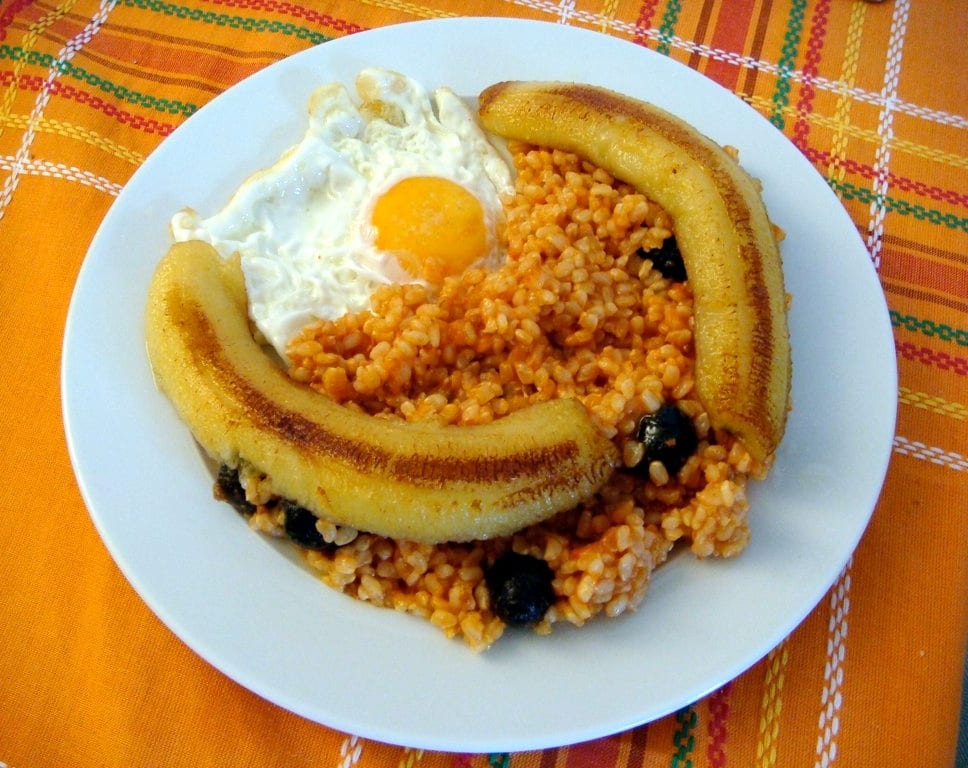
- I must admit that food in Cuba has been the weakest aspect of this adventure, I do not know if it is due to the lack of products in supermarkets or the difficulty in finding cheap and good quality places alike. Even so, it had an ally: the breakfasts that, for 5 CUC, every owner of a private home prepares. They are usually strong breakfasts based on coffee, eggs, toasts, cold cuts and fruit, ideal to make you "a Cuban brunch" and save yourself paying for a meal. They can also prepare sandwiches for your excursion that day.
- Tourist restaurants usually serve a lot of pasta, pizza, and sandwiches. A bit of a lottery, although if I had to recommend some restaurants they would be the following: any in the Vedado neighborhood in Havana (especially Plan B or the French Alliance Restaurant), La Berenjena, a vegetarian restaurant in Viñales, or the Jazz Bar from Trinidad, where they serve a buffet based on rice, fried plantain or yucca for good prices. In Matanzas there are many typical Cuban bars where a plate of rice with yucca, salad and fried plantain can cost you 2 CUC.
- Between the typical dishes to taste in Cuba the most famous are the old clothes, a combination of veal with vegetables, or the Moors and Christians (a mixture of rice and beans). Of course there is no lack of tropical fruit juices everywhere, fruits such as guava, mango or pineapple, a lot of rice and typical sandwiches such as bread with suckling pig or bread with steak.
Socialize with Cubans
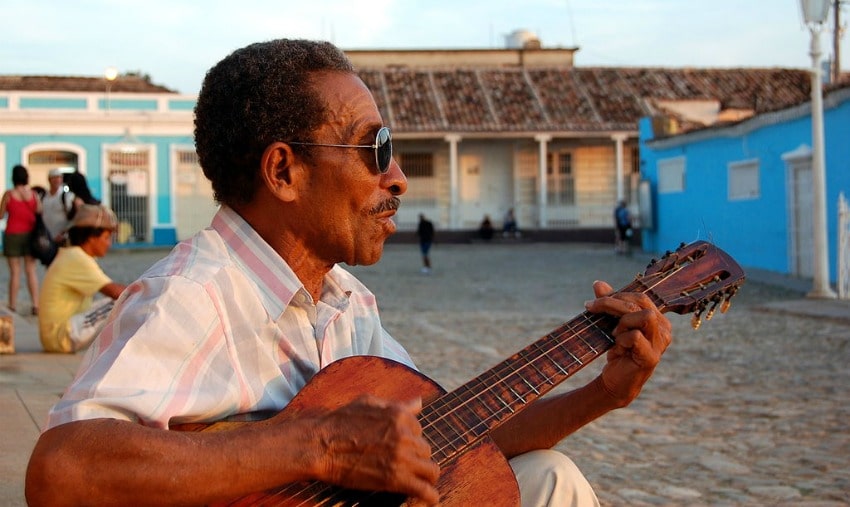
- I must admit that, in Cuba, the best thing has been to be able to interact with the Cubans and their way of life. Survivors who have learned to live with the minimum, who whenever they can will help you, open the doors of their house and invite you to a homemade coffee while they show you an old photo album. Yes, it was all true: Cubans are wonderful.
- BUT there are also those who will try to take advantage of the tourist, of that walking wallet from which something can always be stolen. His name is jinetero and is characterized by going behind you proposing a tour, a taxi or a private house until it gets you out of your boxes. They are usually at the Viazul bus stops waiting for tourists and some even pay their ticket between city and city to offer you a product. My advice? A direct and friendly No. Cubans are not insistent if you make it clear from the first moment that you don't want anything.
- The Cubans they take things easy, without stress, and good proof of this is that taxi that may not leave at the time they told you or that worker at the bus station that if she has to make you wait while she finishes her conversation with a colleague, she will. Don't stress.
- In a Western society in which we hardly dare to talk to the person who travels with us on the subway or that person who starts chatting with you in the strike queue, in Cuba social relations are much more spontaneous. Stopping at El Malecón and having someone approach you to talk or for the owner of a private house to offer you a coffee as an excuse to chat with you show how Cubans open their arms to everyone, without prejudice, in a natural way.
Internet in Cuba
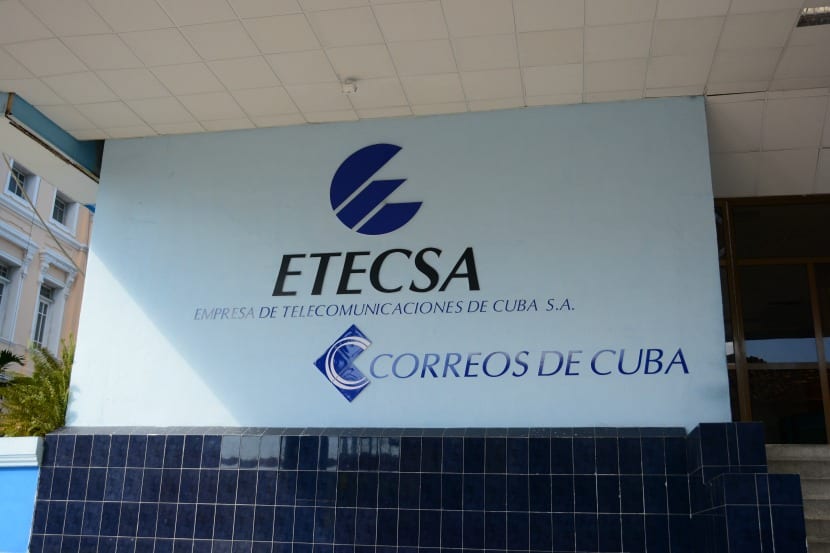
- If the Cuban currency deserves a separate article, the Internet is not far behind, especially when broadband reaches Cuba through a cable from Venezuela and only the resorts and high officials of the State have their own server. Etecsa is the telecommunications company of Cuba, which distributes Wi-Fi cards at its points to connect to the Internet. The card is worth 1.50 CUC and allows you to manage an hour of Internet to consume whenever you want. The bad? That you will have to queue long to buy the card (some women even take their work to get ahead) and others may not even have more.
- When using your card, it is enough to see many people with their mobile phones in a park or square to know that there is a Wi-Fi point there. Up to 35 wifipuntos have been installed in Havana in the last two years, although Etecsa is thinking of expanding the network after signing a contract with Google last December.